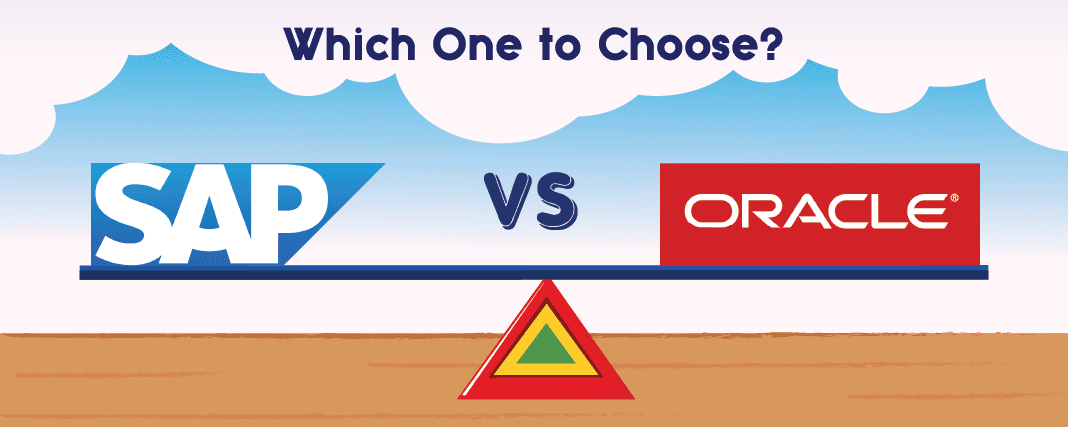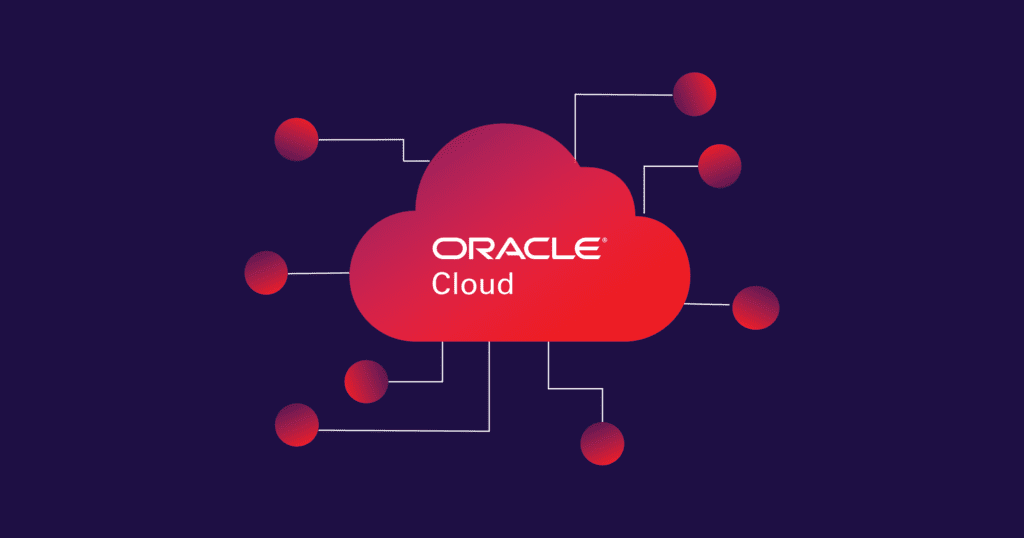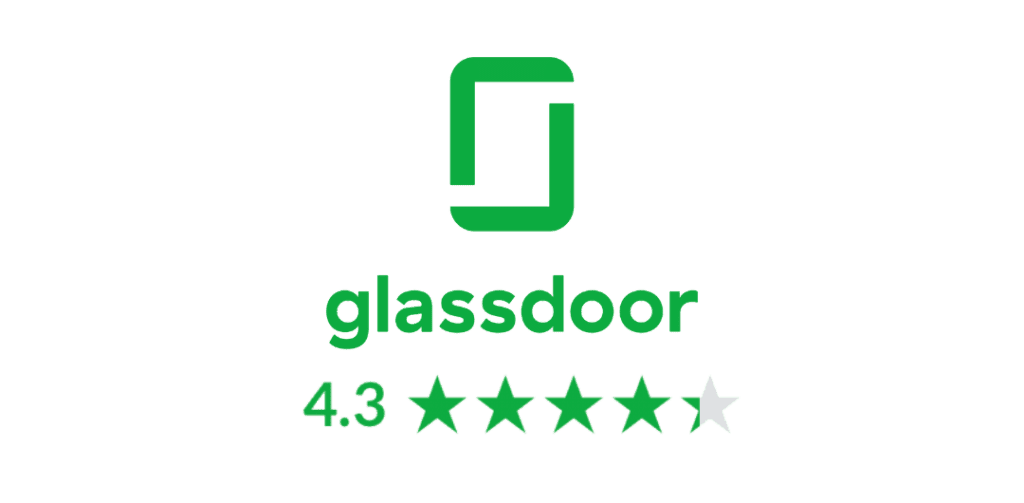- About Us
About
Forging Future Excellence with Innovation and Collective Expertise
Group Companies
Strength in Unity
- Our Services
- Software Product Engineering
- Hire Dedicated Development IT Teams In India
- QA & Testing
- Custom Application Development Services
- E-Commerce
- Data Engineering
- Artificial Intelligence
- Cloud Services
Software Product Engineering
Developing Innovative Software Products
Dedicated Software Teams
Committed Skilled Software Developers
QA & Testing
Precision in Quality Assurance
Application Development
Crafting Custom Applications
E-Commerce
Empowering Online Retail Experiences
Data Engineering
Mastering Data Solutions
Artificial Intelligence
Powering with AI Innovations
Cloud Services
Premium Cloud Services Offered
- Solutions
- Financial Management Services
- Workforce Management
- Human Resource Management
- E-Learning
- Supply Chain Management
- Fleet Management
- CRM
- Operations Management
- Asset Management
- Web Portals
- Content Management System
- ERP
- Document Management
- RPA
Financial Management Services
Enhancing Financial Operations Suite
Workforce Management
Optimizing Workforce Efficiency Solutions
Human Resource Management
Streamlining HR Operations Solutions
E-Learning
Revolutionizing Online Learning Experiences
Supply Chain Management
Efficient Solutions for Supply Chains
Fleet Management
Optimizing Fleet Operations Solutions
CRM
Empowering CRM Solutions
Operations Management
Enhancing Operational Efficiency Solutions
Asset Management
Maximizing Asset Value Solutions
Web Portals
Creating Seamless Web Experiences
Content Management System
Efficient Content Management Solutions
ERP
Integrated Business Solutions Platform
Document Management
Effortless Document Management Solutions
RPA
Automating Business Processes Solutions
- Technologies
Mobility
Wireless Connectivity Empowering Accessibility
Web Technologies
Enhancing Online Presence
ERP Technologies
Integrating Business Operations
ETL Technologies
Streamlining Digital Data Integration
Cloud Technologies
Infrastructure with Cloud Innovations
Data Technologies
Maximizing Business Insights
- Industries
- Healthcare
- Fintech
- BFSI
- Telecommunication
- Automotive Industry
- Retail and eCommerce
- Logistics & Transportation
- Travel & Tourism
- Media and Entertainment
- Oil & Gas
- Professional Services
Healthcare
Empowering Wellness Through Innovation
Fintech
Revolutionizing Finance, Digitally Empowered
BFSI
Navigating Finances with Expertise
Telecommunication
Connecting Beyond Boundaries
Automotive Industry
Driving Innovation Forward
Retail and eCommerce
Elevating Retail Experiences
Logistics & Transportation
Efficiency in Motion
Travel & Tourism
Adventures Await, Seamlessly
Media and Entertainment
Entertainment Redefined, Always
Manufacturing
Crafting Future Solutions
Oil & Gas
Fueling Future Possibilities
Professional Services
Excellence in Every Service
Education and eLearning
Learning without Limits
ISV
Empowering Software Innovations
- Case Studies
- Contact Us

Blog: Oracle vs SAP – Which Technology is Better for ERP Software Development?
In the realm of Enterprise Resource Management (ERM), selecting the right technology platform can dramatically influence the operational efficiency, scalability, and success of an organization. Two giants dominate the discussion: Oracle and SAP. Each offers robust solutions but choosing between them can be a complex decision influenced by specific business needs. This blog delves into a detailed comparison between Oracle and SAP, highlighting their uses, advantages, and a specific case study to guide businesses in their decision-making process.
Overview of Oracle and SAP for ERP Development
Oracle ERP Solutions:
Oracle stands out for its comprehensive, customizable solutions that support complex business environments. Uses of Oracle include advanced data analytics, extensive application integration, and superior database management capabilities. Oracle application development is highly flexible, making it ideal for companies that require tailored solutions to meet intricate requirements.
SAP ERP Solutions:
On the other hand, SAP is known for its user-friendliness and efficient operational capabilities. SAP uses are particularly noted in standardized business process implementations across various industries like manufacturing, retail, and services. SAP software development emphasizes a more streamlined approach, focusing on industry-specific best practices and efficient resource management.
Use Cases and Real-World Application
Oracle Use Case:
A notable deployment involves the Oracle Applications Release 12.1.3 across 17 countries in the Asia-Pacific (APAC) region followed by 6 countries in Europe, the Middle East, and Africa (EMEA). This project showcased Oracle’s capability to manage and implement comprehensive ERP solutions across a wide geographical scope, emphasizing modules such as SCM, Financials, and CRM.
SAP Use Case:
Conversely, SAP has been instrumental in the overhaul of ERP systems for a leading global retailer, integrating processes like inventory management, sales, and customer relations across its worldwide branches, thus streamlining operations and enhancing real-time decision-making capabilities.
Detailed Case Study: Deployment of Oracle Applications

Objective:
Implement Oracle Applications Release 12.1.3 in multiple regions, focusing on diverse business modules.
Modules Involved:
SCM, Financials, and CRM, including detailed components like Inventory, Accounts Payable (AP), Accounts Receivable (AR), Purchasing, Install Base, Spare Management, and General Ledger (GL).
Description of Services Provided:
Implementation Scope: The deployment spanned multiple countries, utilizing Oracle E-Business Suite R12 to ensure robust management of supply chain, finances, and customer relationships.
Data Migration: Critical data was transitioned from legacy systems to the new Oracle platform, ensuring continuity and integrity.
Project Management: Utilized the Planview tool for comprehensive project oversight, resource management, and timeline tracking.
Customization for Local Adaptations: Specific adjustments were made to accommodate unique business environments, such as the regulatory and operational intricacies in China.
Cross-Border Functionalities: Tailored solutions were devised for operations across borders, such as integrating Macau’s operations into the Hong Kong Operating Unit.
Benefits to Clients:
- Significant cost reductions through an effective onsite-offshore model.
- Enhanced efficiency via the adoption of optimal business processes.
- Standardized global processes across the corporation, ensuring compliance and uniformity in operations.
Comparative Analysis and Winner in Each Category
Customization and Flexibility
Winner: Oracle – Superior in customization and adaptability to complex requirements.
Ease of Use and Interface
Winner: SAP – Known for its user-friendly interface and easier learning curve.
Industry-Specific Solutions
Winner: SAP – Offers more tailored solutions across a broader range of industries.
Integration Capabilities
Tie – Both platforms provide robust integration capabilities with slight edges in specific contexts.
Cost Effectiveness
Winner: SAP – Generally perceived as more cost-effective in terms of initial setup and maintenance.
Global Operations and Compliance
Tie – Both are excellent in managing multi-country compliance and operations.
Implementation and Support
Winner: SAP – Tends to have a faster and smoother implementation process.
Conclusion
The choice between Oracle and SAP for ERP software development largely depends on specific organizational needs. If your business requires highly customized solutions and deals with complex data, Oracle might be the way to go. However, if simplicity, industry-specific functionality, and cost are your primary concerns, SAP could be the better choice. Each platform has its strengths and can significantly enhance business efficiency when matched with the right enterprise requirements.




